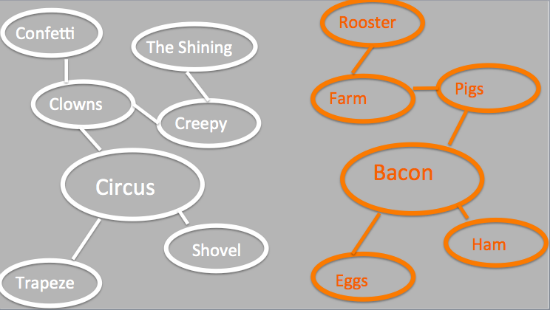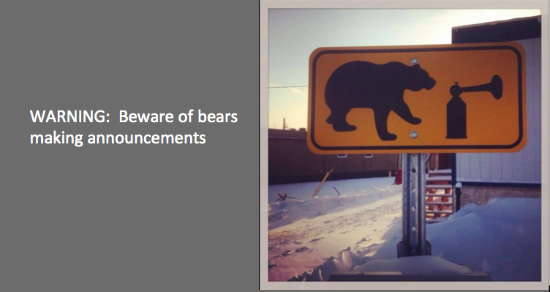
“For those of you that think comedy won’t work for your brand, ask yourself: will it work for your customers?” – Tim Washer
Most the time, if you ask a group of people “do you like to laugh?” 100% of your audience will respond with a resounding “Yes!”. Seeing that, you’d assume that incorporating comedy into your content marketing would be a no-brainer, but that’s much easier said than done.
There is often the struggle between knowing how far to take humor, and incorporating comedy that speaks to your larger audience. Last week, Tim Washer of Cisco Systems provided a giggle inducing presentation at Content Marketing World aimed at helping marketers smartly inject comedy into their content marketing programs. Here are 4 ways according to Washer:
#1 – Build A Creative Culture
When you’re in the open mode, nothing will stop you so effectively as the fear of making a mistake. – John Cleese
Washer quoted the infamous John Cleese about creating an open and creative environment. When you foster an environment that welcomes ideas and encourages creativity, you’re setting yourself up to come up with a multitude of ideas.
#2 – Reframe Your Mistakes
Mistakes are inevitable we all make them. One way to continue encouraging creativity is to approach these mistakes head-on as a learning experience. Here are four ways to reframe mistakes within your organization:
- Internal recognition for BIG RISKS that failed
- An email from the CMO acknowledging the effort
- Take a team improve class as a corporate training
- Cascade cases of success through failure
#3 –Comedic Formulas & Examples
The basis of comedy and its place in content marketing is based on 5 different comedic formulas for success. These formulas include:
Hard left turn: This concept hits you smack in the face with something you weren’t expecting.
Juxtaposition: One of the best ways to come up with new ideas. Take two unrelated things and match them up side by side (such as chinchillas and marshmallows). By creating a web of ideas around both topics, you’ll be able to find a way to create a connection between the two.

Irony: Create humor by incorporating irony into your content. When used correctly, this is a fantastic way to engage your audience (do not use Alanis Morissette as your guide to how irony works).

Pain: Comedy comes from pain. If you look at the pain that your customers are experiencing and play around in that area, now you’ve made something relevant.
Pattern: Determine topics or types of comedy in your content that are consistently successful.

#4 – How to Tell Stories Well
By now, it is crystal clear that incorporating storytelling into your content marketing is one of the best ways to connect your audience to the content. In order to tell a story well, you need to incorporate the following elements:
- Be Agile: Work to find anecdotes that well represent the attribute that you’re describing.
- Create Connections: Specific language that you use will help you engage your audience and form a lasting connection.
- Make a Case: Instead of making a claim, focus on making a case for your cause.
Tim Washer’s street cred as a comedian and marketer make him an authority on using creativity and comedy to better connect an audience with content. Hopefully the tips above will help you begin incorporating more creativity and comedy into your content marketing programs as well.
Have you found that taking a comedic slant with your marketing has worked well for your audience? If so, how did this impact your strategy?


